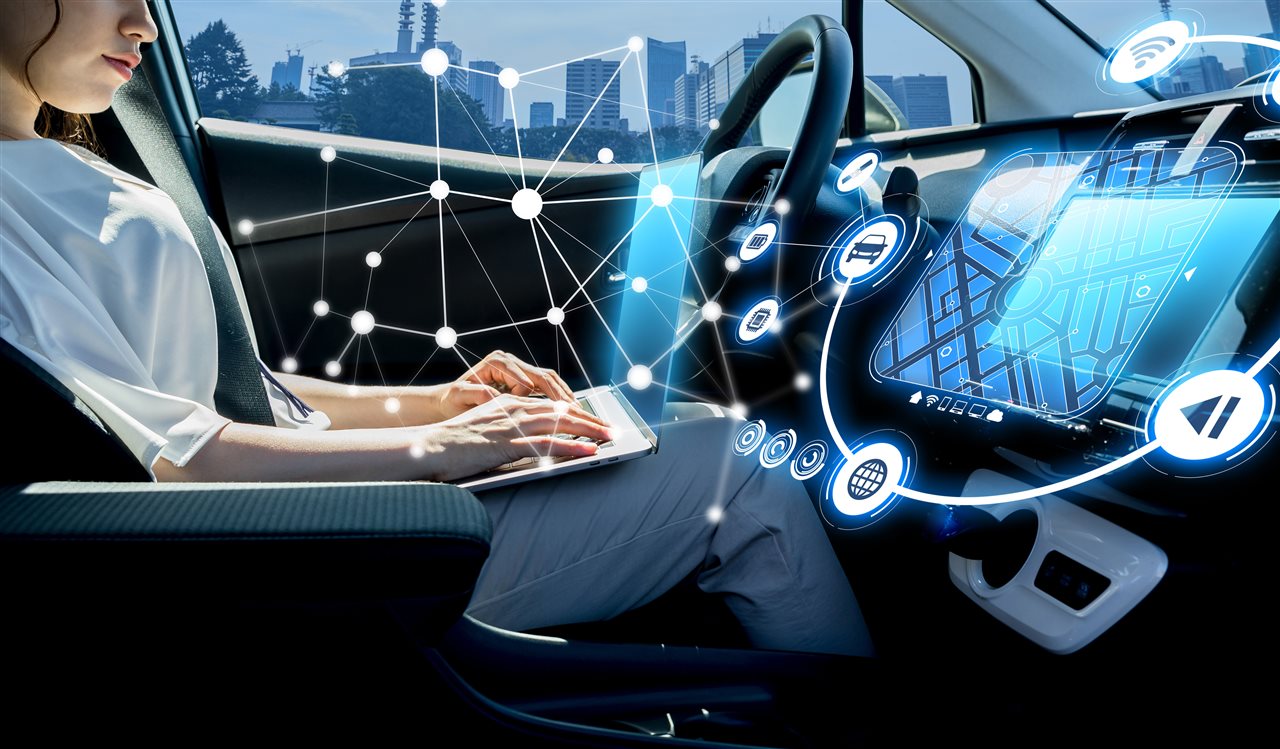Buckle Up For the New Passenger Economy!


A hundred years ago, few thought that the clunky automobile that broke down so often would ever replace a horse. In the 1970s, people wondered if the personal computer that a few eccentrics were using would have any use beyond storing recipes. It’s safe to say that these innovations, along with many of the technologies we now use daily, were once considered impossible dreams.
Right now, the most-talked-about piece of technological innovation that is poised to transform our lives is the autonomous or self-driving car. As self-driving cars gain widespread adoption, analysts are predicting the rise of what is known as the passenger economy — a term coined by Intel — that is expected to be worth $7 trillion by 2050 as validated in a new report by analyst firm Strategy Analytics.
Seven trillion dollars is a lot of money! A decade ago, people couldn’t fully imagine the way smartphones would give rise to the app economy. Today we are at the threshold of something equally momentous — that’s why entrepreneurs and investors are now beginning to imagine the economic possibilities tied in with autonomous cars.
The following are five big areas of opportunity that will unfold in the passenger economy era.
- Time will be on people’s side. One of the most obvious benefits of a self-driving car is the amount of time it frees up. Drivers become passengers, and so will be able to concentrate on other tasks. Not only will people be able to work or watch a movie on their way to work, but the commute itself will be shorter, since traffic congestion will become a thing of the past. With smarter analytics, it’s estimated that by 2050, the widespread use of autonomous cars will free up over 250 million hours of commute time per year in the most congested cities.
- Apps were only the beginning. As more people use autonomous cars, companies and entrepreneurs will respond by developing innovative applications that will entertain and provide services to passengers. Just like innovators used smartphones to unlock the sharing economy, there will be opportunities for startups to discover new “car-veniences” that will be expected to generate some $200 billion in revenue.
- A new world of advertising. From the late ’90s, we started seeing new forms of advertising emerge on the web. With self-driving cars, we are poised to see powerful new opportunities that deliver personalized messages to consumers. For instance, algorithms can compute routes and route history to hone in on passengers with specific onboard advertisements from surrounding businesses or attractions. This could be a huge boost to local businesses and will be much more effective than the primitive billboard.
- Mobility-as-a-service. Imagine ordering take-out, or having your groceries or a package of diapers come to your door via a driverless car. This is something that we’re likely to see fairly soon. Shipping and freight companies, local delivery services and internet giants will make use of autonomous vehicles to transport goods across the country. These types of services will likely generate $3 trillion in revenues by 2050.
- New business models. Today, many companies offer perks such as work-from-home days or the option for people to leave the office to work in a cafe or wherever is most suitable for them. In the not-too-distant future, the workplace will further transform as the commute evolves. The self-driving car will blend with the office, turning the commute into a productive part of the workday. In turn, this will allow people to go home earlier and spend more time with their families.
The advent of the passenger economy will contribute to a safer and more efficient world. Those who can imagine and anticipate the coming changes will be in the best position to get the most out of it.




